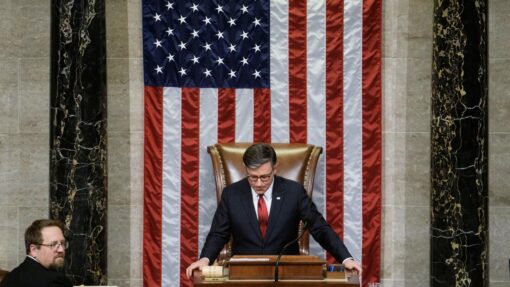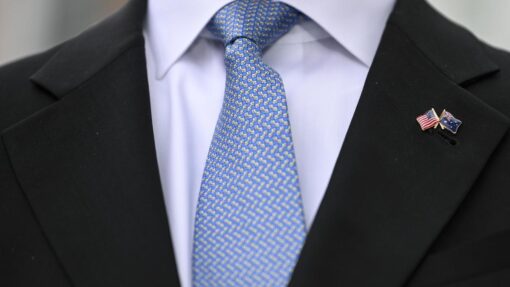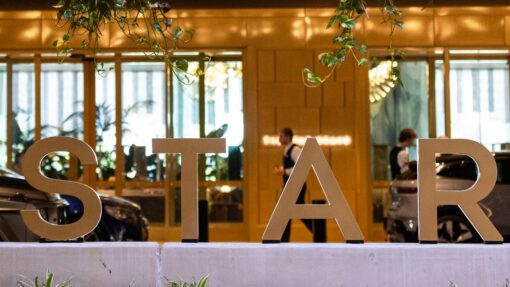New Zealand treaty protests to climax in capital
Ben McKay |

New Zealand’s Maori Queen will join a generationally significant protest to support the Treaty of Waitangi as it reaches a climax in Wellington.
Opposition to the nation-dividing Treaty Principles Bill has already reached reached fever pitch inside parliament, as shown last week by Hana-Rawhiti Maipi-Clarke’s now-infamous act.
The young Maori Party MP ripped the proposed law up and began a fierce haka on the floor of parliament: a video which has sparked headlines across the world.
On Tuesday, many more Kiwis will join the backlash when a nationwide hikoi, or march, will arrive in the capital.
The hikoi began last week at the northernmost tip of New Zealand, with huge crowds joining at major cities, including 5000 across Auckland’s Harbour Bridge.
In Wellington, there are predictions of tens of thousands marching across the city to parliament, bringing the city to a standstill for a peaceful but boisterous rally.
Among them will be Nga wai hono i te po, the Maori Queen who took the throne earlier this year, in the biggest act of her tenure.
“The Maaori Queen is willing to help lead a conversation about nationhood and national unity but will not accept a unilateral process that undermines Te Tiriti o Waitangi,” Kiingitanga spokesman Ngira Simmonds said.
“Our nation’s strength lies in honouring the promises we make to each other.”
Opposition Leader Chris Hipkins will also join the fray.
The bill was agreed in government formation talks last November and championed by the ACT party, and proposes to redefine how the Treaty of Waitangi – New Zealand’s foundational document, signed in 1840 between Maori chiefs and the British Crown – is interpreted in law.
ACT leader David Seymour describes it as a reset of the relationship that offers equal rights to all New Zealanders.
The Maori Party and other opponents call it a “whitewashing” of Maori from New Zealand’s constitutional make-up.
Political commentator Ben Thomas said Ms Maipi-Clark’s act of ripping the bill in two, starting a haka which her party members – as well as Greens and Labour MPs joined in with – was extraordinary and galvanising for both opponents and proponents of the bill.
“The video … is easily already the iconic New Zealand political image of the post-COVID era. I don’t know how many times it’s been seen around the world. Hundreds of millions of times,” he told Radio NZ.

“The Maori Party would be delighted … his will have a galvanising effect for Te Paati Maori’s supporters.
“I think ACT would be delighted about how it played out.
“There will be just as many people who were kind of appalled by it, felt a little threatened by it in their pakeha fragility … and don’t agree with the idea that you can be in parliament and tread on the process.”
The demonstration prompted parliament’s suspension.
Senior government minister Shane Jones said last week’s haka was akin to another Kiwi classic: OMC’s 1996 song ‘How Bizarre”.
“A one hit wonder,” he wrote in the NZ Herald.
“Middle NZ is gobsmacked that this jarring spectacle has electronically zipped across the globe.
“They are repulsed that this will be the new screen shot of Godzone. More importantly they are fed up with the division and are aggrieved their MPs were stopped from voting.”
Making the protests all the more extraordinary is that the bill has no prospect of becoming law.
While ACT has won support from its coalition partners National and NZ First to introduce the bill into parliament, and go through a lengthy consultation process, those two parties have declined to support further.
AAP


